A Russian soldier’s newly translated account of the war in Ukraine reveals the poor state of Russia’s military
- By Hope Seck
Share This Article
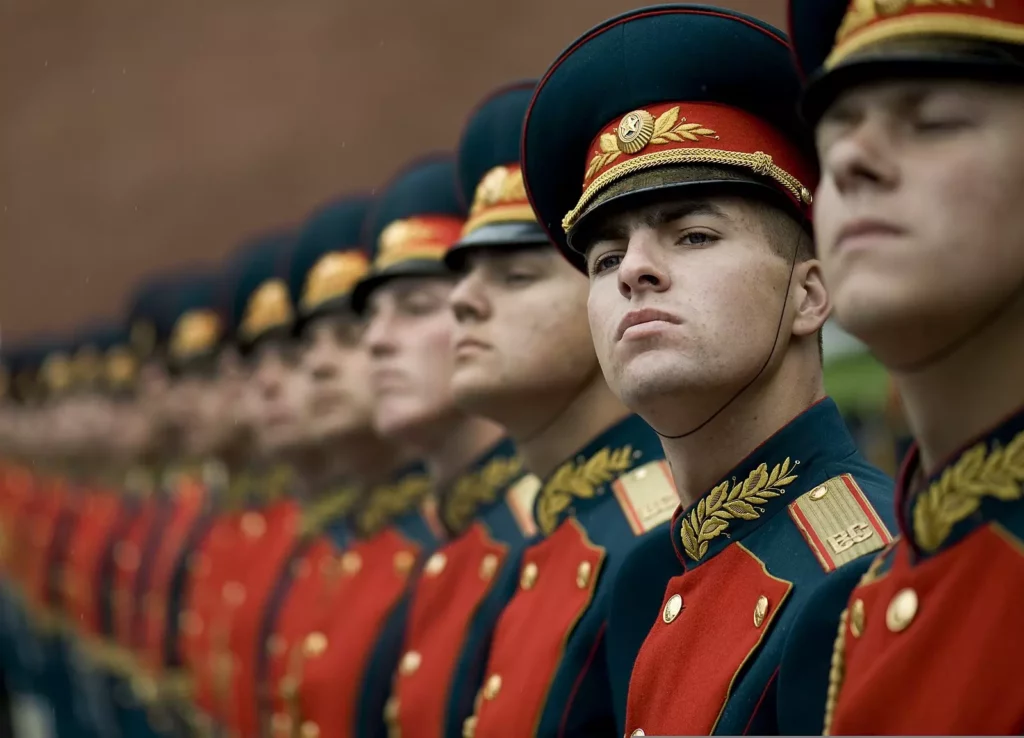
More than a year into Russia’s invasion of Ukraine, the account of Pavel Filatyev, a former Russian soldier, confirms all the reports about the poor condition of Russia’s military. Filatyev talks about how low the morale among Russian troops is, how poorly trained and equipped the troops are – and more.
“It seems that the corruption and mess in the army is costing too much,” Filatyev laments in an account of a friendly-fire incident in a 140-page personal account published to social media last year. Elsewhere, he reports that soldiers are choosing to shoot themselves in the foot in order to take themselves out of the fight and collect injury compensation pay.
“During war we must not forget about the accompanying hunger, disease, sleepless nights, unsanitary conditions, and life with constant adrenaline, which consumes resources of your body, giving strength, speed, and reaction,” Filyatev writes. But then when you come back from the war zone, you feel like a squeezed lemon and realize that your health is not that good at all.”
Related: 20,000 Russian soldiers died in the battle of Bakhmut
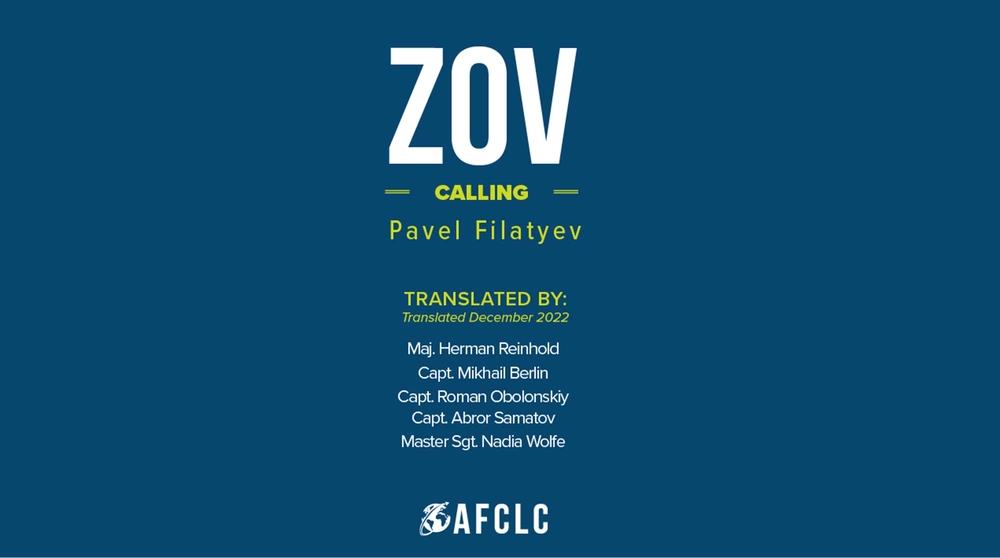
An accurate English version of the soldier’s full account, titled Zov, or Calling, is now available thanks to an intensive translation effort spearheaded by scholars at Air Force University. The project is being used to inform university students and the public about the ugly realities of the war behind Russian lines. It also highlights the value of language fluency in the armed forces and how the US military can effectively capitalize on the skills of its foreign-born members.
The memoir first surfaced in August 2022 after Filatyev, then a paratrooper in the 56th Guards Air Assault Regiment, published it to the Russian social media site VKontakte. He’d written it in a 45-day period while he was hospitalized due to an eye infection caused by shrapnel. Filatyev’s unit had participated in the initial invasion of Ukraine in February 2022 and Russia’s occupation of Ukraine’s Kherson Oblast, an operation replete with reports and evidence of unspeakable crimes against humanity and other war violations.
Filatyev describes misgivings in the ranks about Russian President Vladimir Putin’s reasons for the invasion, hunger that drove Russian soldiers to scavenge food, and even troops donning Ukrainian uniforms because they were warmer and better-made.
While the Russian soldier’s writings don’t show much real compassion for the Ukrainian people, the grim conditions in the ranks ultimately cause him to sour on Putin’s war. Filatyev ultimately fled the country to seek asylum in Paris.
Related: The Long Range Desert Group and the birth of special operations around the world
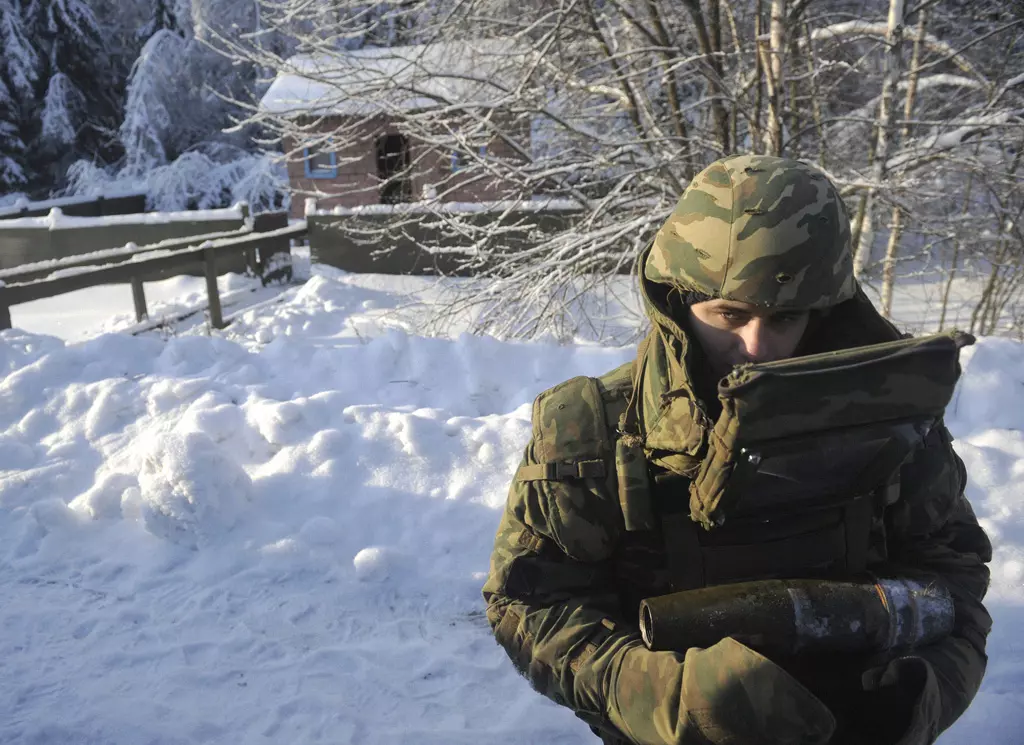
For Captain Mikhail Berlin, a Russian-born foreign language instructor at the Air Force Academy, the short book was a window into a familiar world; he’d come to the U.S. at age 15 in what was partially an attempt to evade conscription into the Russian military. Berlin got a copy of the document in Russian and read it all in one night.
“Like any boy living in Russia and being worried about getting drafted in the military, I was well acquainted with the topic,” Berlin told Sandboxx News. “It just confirmed that it is still going – the hazing, the corruption within the military … the tactics that they’re using – still remain as they were, you know, 20 years ago, 30 years ago, 50 years ago.”
While English translations of Zov emerged almost immediately, these were largely created via AI or automated translation tools, which weren’t up to the task of interpreting Filyatev’s informal and slang-filled writing. As a result, members of the Air Force team said, the resulting documents contained passages that were incomprehensible or inaccurate. Effective translation of a document like this, they said, required human translators thoroughly fluent, not only in both languages, but also in military terminology.
“CNN, Fox News, BBC, they’ve run articles about this particular document, but they all drew from artificial intelligence translations; they would get snippets that they could understand, that were comprehensible,” Captain Roman Obolonskiy, a Ukrainian-born airman who participated in the translation effort told Sandboxx News. “And those are the snippets that they reference to – everything else was unreadable.”
Related: Gateway to military language jobs: The Defense Language Aptitude Battery (DLAB) Test
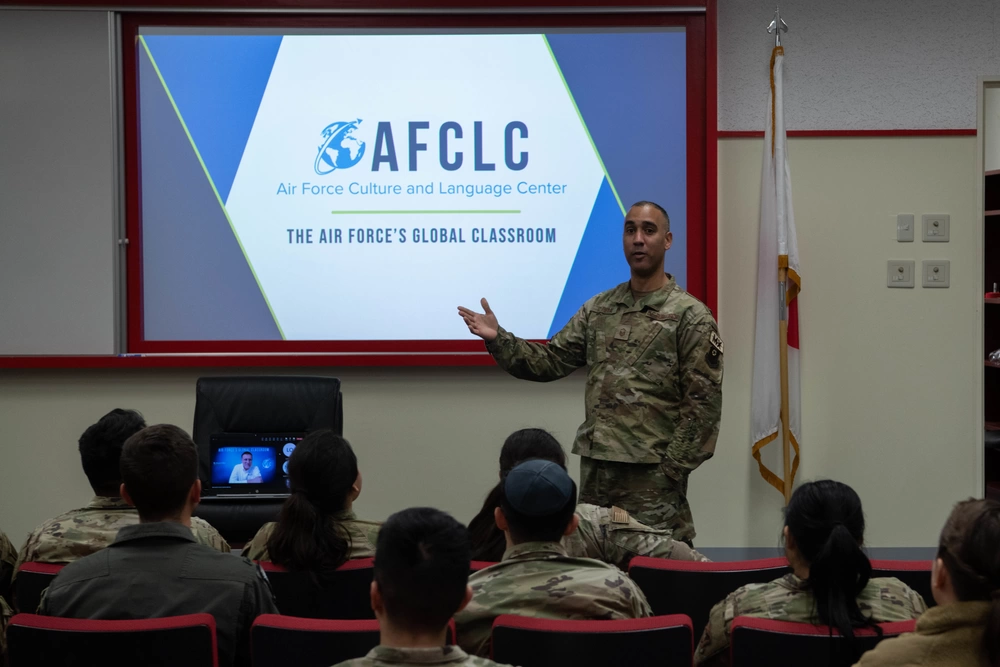
Enter the Air Force Academy’s Language Enabled Airman Program, or LEAP. Made up of officer and enlisted proficient foreign language speakers from around the service, LEAP develops their skills to support partnership strengthening, interoperability, and better understanding of adversaries.
Ultimately, a team of five LEAP participants was assembled to hand-translate the document. Each member of the team took 30 pages, working the translation process in addition to their regular Air Force day jobs to produce a completed document within a few weeks. The document, Obolonskiy said, was remarkable for its length and candor.
“Documents like this are really insightful, because it’s not a snippet,” he said. “It’s a large, multi-generational analysis.”
In a release about the effort, Air Command and Staff College Professor Dr. Andrew Akin said Air University’s Russia Research Task Force is informing a scholarly, historical volume on the Russia-Ukraine war. Without the translators’ work, he said in a statement, the Zov account might have been “unusable to anyone but excellent Russian linguists for years.”
Related: The complicated legality of Russia crashing into a US drone over the Black Sea
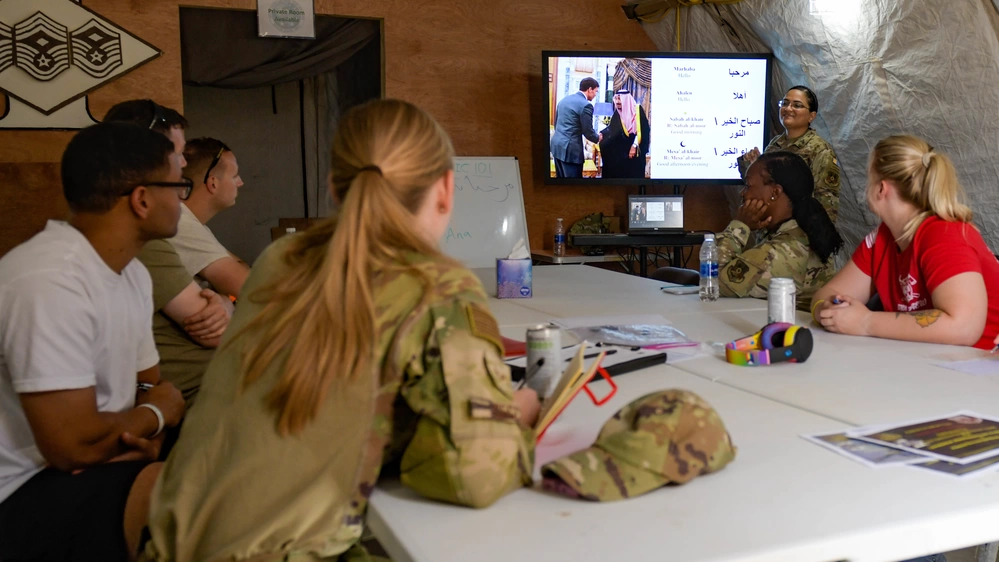
The value of programs like LEAP is still becoming clear throughout the military. Master Sgt. Nadia Wolfe, a member of the translation project who was born in Kyrgyzstan, told Sandboxx News she has deployed twice as a language expert – including for the shuttering of Kyrgyzstan’s Manas Air Base in 2014 – but has been shut out of other deployments because commanders deemed the need for language fluency less valuable than other skill sets.
Wolfe said she hoped the publicity the Zov project received would help leaders understand the importance of LEAP and building language expertise into operational planning.
With the Zov memoir now publicly available from the Air Force and informing coursework at the academy, Wolfe said there’s one theme that resonated with her and helps to explain the ineffectiveness of the vaunted Russian military.
“Loyalty is earned,” she said.
Read more from Sandboxx News
- The Marines want to make their secret beach-swarming drones autonomous
- This bent-barrel rifle was one of Nazi Germany’s most weird weapons
- The 5 worst submarine disasters of recent history
- How service members can protect themselves from cybercrime
- The race to field NGAD, the futuristic replacement for the F-22 Raptor, is officially on
Related Posts
Sandboxx News Merch
-

F-35 ‘Lightning’ Poster
$22.00 – $28.00 Select options This product has multiple variants. The options may be chosen on the product page -
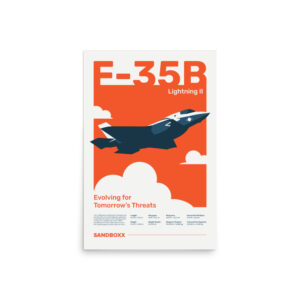
F-35 ‘Evolution’ Poster
$22.00 – $28.00 Select options This product has multiple variants. The options may be chosen on the product page -

F-35 ‘Evolution’ Framed Poster
$45.00 – $111.00 Select options This product has multiple variants. The options may be chosen on the product page
Hope Seck
Hope Hodge Seck is an award-winning investigative and enterprise reporter who has been covering military issues since 2009. She is the former managing editor for Military.com.
Related to: Breaking News, Ukraine
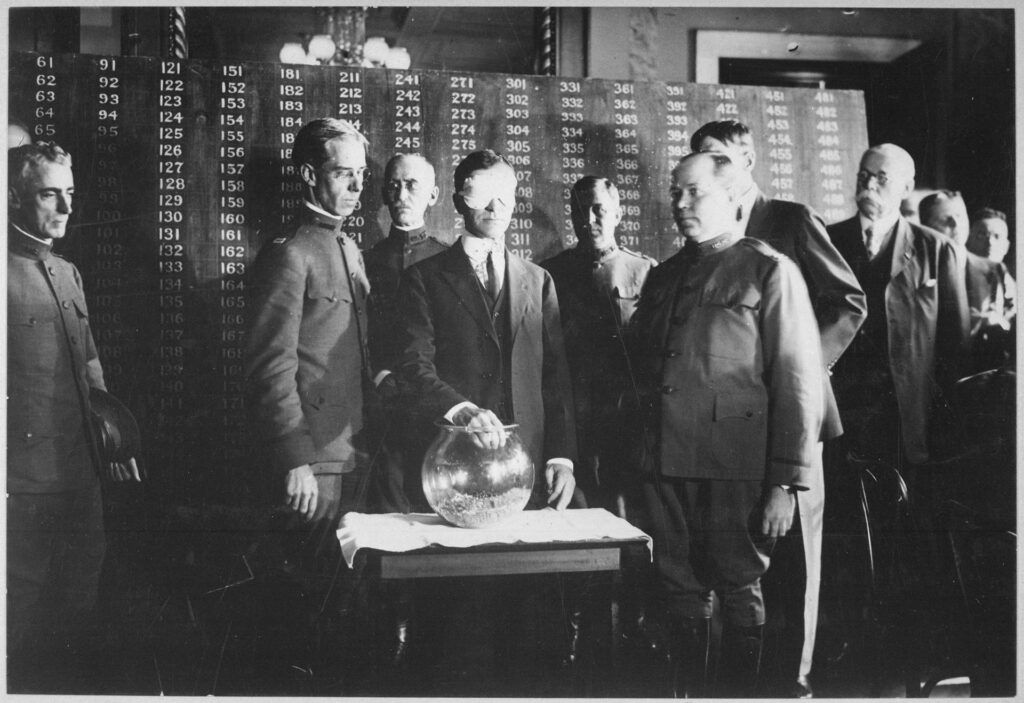
Military draft registration is going down, so Congress wants to take action
Sandboxx News
-

‘Sandboxx News’ Trucker Cap
$27.00 Select options This product has multiple variants. The options may be chosen on the product page -

‘AirPower’ Classic Hoodie
$46.00 – $48.00 Select options This product has multiple variants. The options may be chosen on the product page -

‘AirPower’ Golf Rope Hat
$31.00 Select options This product has multiple variants. The options may be chosen on the product page -

‘Sandboxx News’ Dad Hat
$27.00 Select options This product has multiple variants. The options may be chosen on the product page
